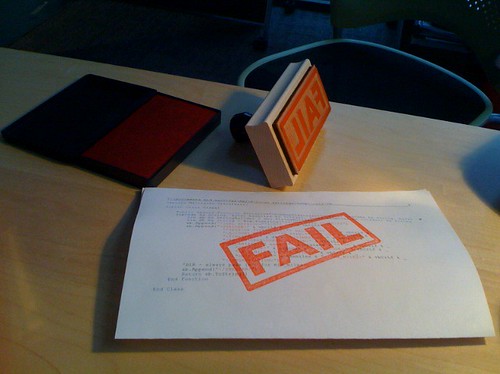
Being a writer requires fierce tenacity. Not just to write every day when there’s no deadline, but because rejection comes with the territory. You could devote eight hours a day six days a week to writing, thousands of dollars in classes, memberships, and coaching, and still get those template rejections. The ones that say writing is subjective so don’t take it personally. In other words, “It’s not you, it’s me.” None of that softens the blow.
It’s a dodgy game with few winners. Even the ones who “win,” don’t get the accolades, validation or acknowledgment for the hours of sleep, time with their kids and money they sacrificed.
I know what I’m talking about. In the ten years I’ve been a freelance writer, I’ve collected over a hundred rejections, dozen unpublished essays, three nonfiction proposals and two-dozen picture book manuscripts. I’m also far from being alone. Successful award winning authors boast of their two decades worth of 200+ rejections.
What I’ve learned is that there is an art to failing. You have to be able to do it right or it’ll kill you or at least murder your mojo. You’ve got to learn how to fail like a boss. A tenacious spirit, and a bulletproof why will help you weather the storm of rejection. If you persevere and survive, you’ll be wiser and ultimately get more work published because of it.
Here are a few ways to boost your rejection resilience.
Bask in the light of your brilliance.
Ok it’s corny, but it works. After completing your first draft, don’t reread it. Doing so will diminish the initial thrill of executing the impossible-getting your thoughts onto that intimidating blank page. If you can, close the document immediately. Rejoice that you did one of the hardest things. You can baulk at your ridiculous naiveté later. The afterglow of finishing something can blind you into believing that your draft is genius, the best thing you’ve ever written. That’s the kind of passion you need to fail like a boss-a blind belief that your writing is worth pursuing regardless of how many rejections you end up getting.
Nurture your ego.
No matter how much you tell yourself it’s not personal, rejection is going to bite. So you might as well give into it. Cry if you need to. Compose an angry letter that will never be sent to your critique partner or editor about how bad you think they write. Then, tell yourself that you did the best you can. After the sting lessens, you might find some truth to the feedback. That rejection could point at a crack in your story, the reason why something’s off-key. This is a good time to practice self-compassion. This is not the time to berate yourself for all the reasons you’ll never make it as a writer. Call your supportive friend who’ll remind you of how difficult writing is, and what a warrior you are. But you can also play the role by telling yourself, “You’re doing an amazing job! Writing is hard work. It’s okay to take a break.”
Remember your why.
When the going gets tough, you need laser focus on why you’re doing this in the first place. It could simply be that you need to get paid or dream of being a successful freelancer. Maybe you want to write a book one day. If you keep your reason close, it’ll motivate you to persevere through the deluge of rejections.
Join a writer’s group.
One day I made the mistake of sharing my rejections on social media. It caught the attention of loved ones who threw words of sympathy my way. While it was all in good intention, their pity ended up pulling me further in a hole. Writers getting rejected is par for the course. When your getting bombed by rejections you need to be around other writers who will cheer you on not make you feel more like a loser. Submittable hosts a private Facebook group aptly called, “#Rejection100” where fellow writers high five and send you showers of GIFs whenever you fail. It’s the best kind of encouragement and what all writers need.
Act like a boss.
Successful freelancers learn to roll with the punches. They know rejections are mandatory in order to get published. They don’t let it define them. They don’t compare themselves with other writers. What they do is strategically look at what’s working and not. This could include doing more research, scheduling time to network, and scoping out new venues to pitch.
Rejection after all is simply information. Sometimes it’ll inform you that your work isn’t the right fit. But it could also tell you how much you still want to pitch that publication and are willing to work on your craft so your writing will eventually get accepted.
What I didn’t mention at the beginning is that all those rejections came with unbelievable opportunities. After pitching like crazy, I eventually became a columnist for The Writer. I worked as an associate editor for Psych Central for nine years. I landed other freelance positions since then because I took the stance early on that failing wasn’t a closed door, but a necessary stop on the way to becoming that bold, resilient, and bad ass writer I’ve strived to be.
![]()

